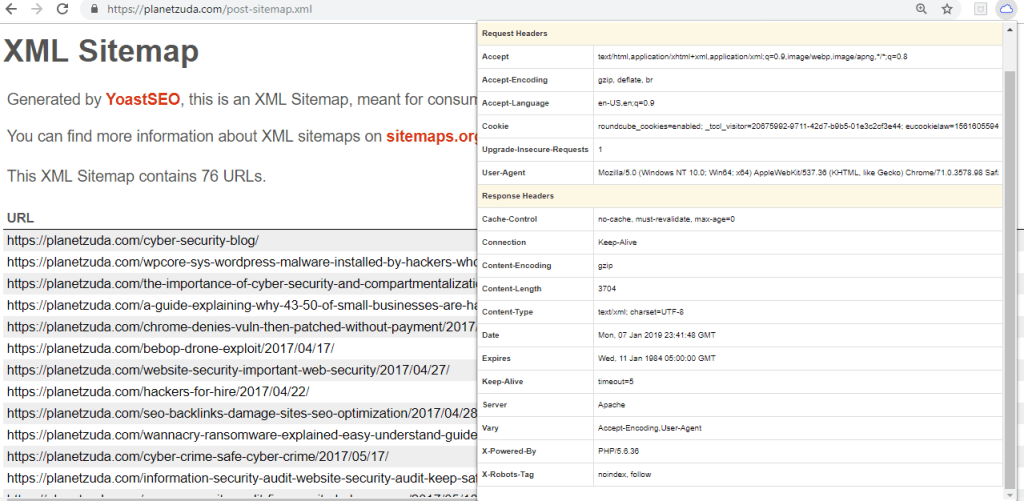The story around the question was long with hundreds of paths of thought to go down as the story was so well written it explained everything that happened in the hospital down to the sticky notes on the computer and what was written on them. If it was shorter it could’ve been a fictional ode memoir, an ode memoir is only written with things from your senses, that you can explain factually.
The question simply was “What are you going to do to make it through the long night? We need some creative, specific ideas we can share with others. There are no wrong answers.”
A vague question, indeed, but then it caught my eye that the answer had to be 100 characters long that it is tweet worthy. This has to be something the hospital can tweet out, that embraces confidence in their users that everything is fine.
I knew I was on to something, so I re-read the story and focused on what would solve the problem, not all the paths on how the problem could’ve been created. I came to an answer, an answer I tell clients all the time and that we say all the time in our business. So to not ruin the fun of it all, I won’t tell you what answer that is, but the CTF is really just testing your common information security logic in this scenario. It took max ten minutes and was a lot of fun. I then answered a bunch of acronyms plus the hundred points from the other write-up. That’s how I got 355 points in just a few hours as I joined towards the very end of the CTF. It was fun and I look towards joining the biohacking villages next CTF.
We hope you’ve enjoyed these write-ups and apologize that they can’t be more clear. If you enjoy them, please subscribe to our mailing list, which that pop up will ask you to do. We have a lot more research coming out, since bitfi just sent their newer devices to us after we published a bitfi exploit on Twitter in their older version.








